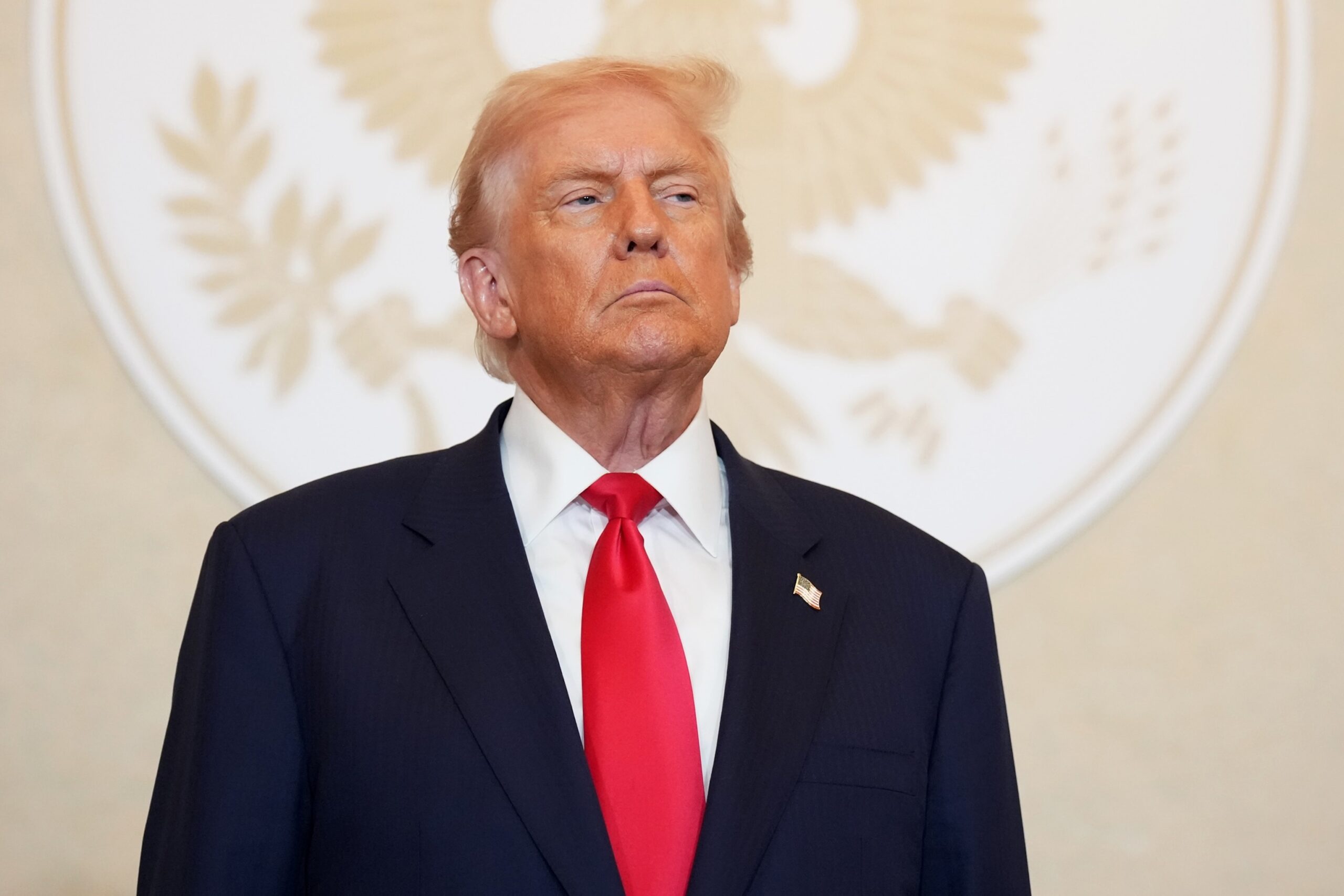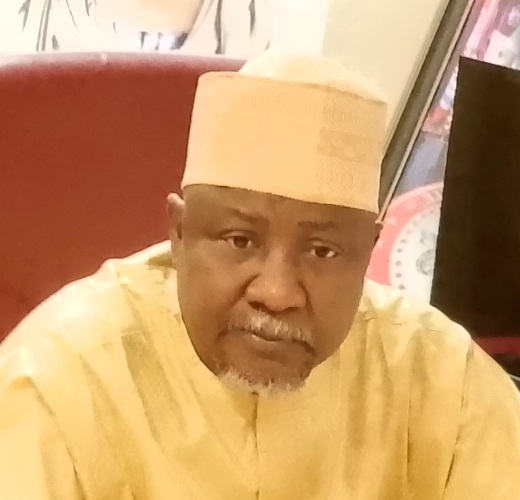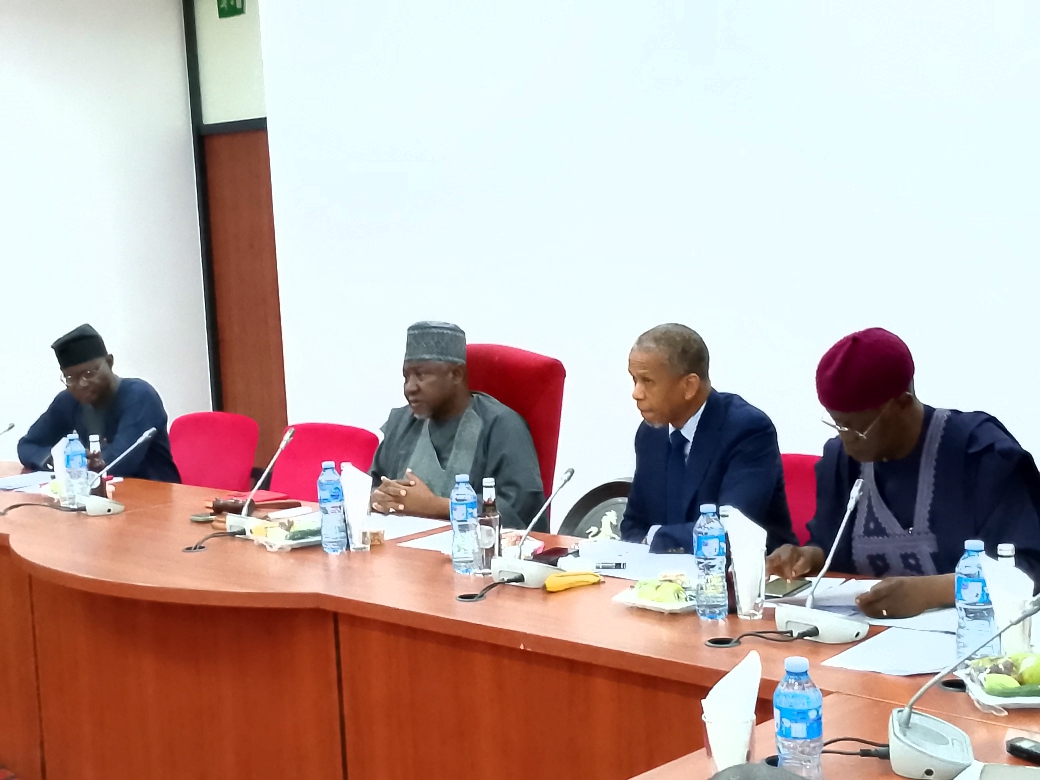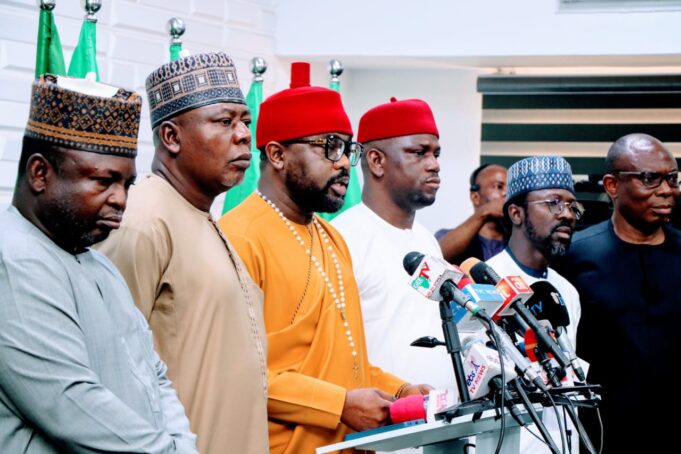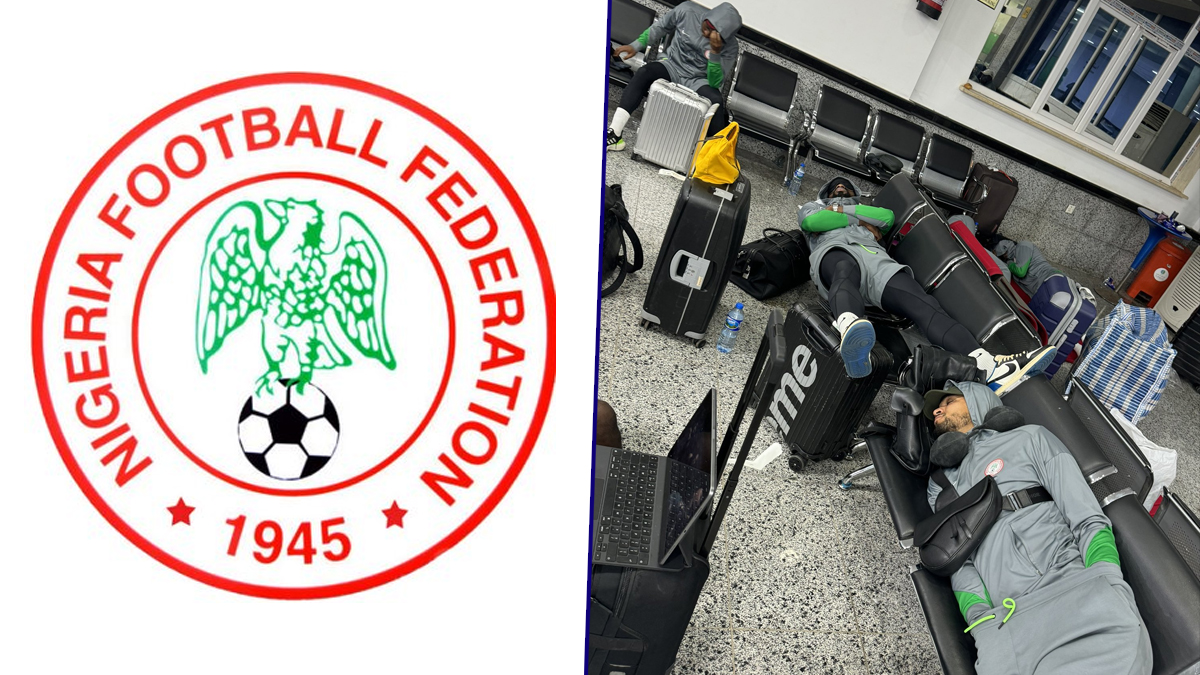
The Director of Communications, Dr. Ademola Olajire of the Nigeria Football Federation (NFF), has provided a detailed account of how a highly-anticipated Africa Cup of Nations qualifying match turned into a chaotic situation due to the actions of Libyan federal authorities and the Football Federation.
This comes in response to a press statement released by the NFF on Monday, highlighting the plight of Nigerian footballers stranded in Libya.
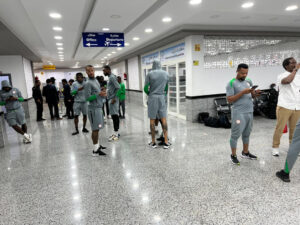
Following are the outlines of twenty points:
1) The chartered ValueJet aircraft departed from the Victor Attah International Airport in Uyo at 11:55 hours on Sunday, October 13, 2024, and landed at the Aminu Kano International Airport in Kano at 13:10 hours for immigration formalities and refueling.
2) The aircraft took off from Kano at 15:18 hours for a 3-hour and 35-minute flight to Benghazi, Libya, expecting to arrive a few minutes before 8 pm local time.
3) As the captain was preparing to land in Benghazi, he was directed by the control tower to divert to the Al-Abraq International Airport, despite having all necessary landing permits. The captain expressed concerns about fuel shortage, but the orders were enforced by ‘higher authorities.’
4) Upon landing at the Al-Abraq International Airport, it was evident that the facility was ill-equipped. Officials had to resort to using mobile phones for passport scanning due to the lack of proper equipment.
5) The delegation, consisting of 22 players, team officials, NFF President Alh. Ibrahim Musa Gusau, Deputy Governor of Edo State Comrade Philip Shaibu, NFF Board members, General Secretary Dr. Mohammed Sanusi, parliamentarian, media representatives, and stakeholders, was met with rudeness by airport authorities.
6) It took over an hour for the luggage to be retrieved from the carousel, despite being offloaded promptly upon arrival.
7) No representatives from the Libyan Football Federation were present at the airport to receive the delegation, and there was confusion regarding transportation back to Benghazi.
8) Attempts by delegation members to seek information outside the airport were met with hostility from security personnel.
9) Efforts to contact the General Secretary of LFF for transportation arrangements proved fruitless, leading to a tense standoff between security personnel and the NFF officials.
10) The lack of food, water, and communication facilities at the airport added to the frustration and anger among delegation members.
11) An unjustified delay of 10 hours was imposed on the Nigerian delegation by ‘higher authorities’ in retaliation for alleged mistreatment of the Libyan team in Nigeria.
12) Despite efforts to accommodate the Libyan team’s last-minute change of plans in Nigeria, the NFF faced resistance and disrespect from the LFF.
13) Expressing his dismay, the NFF President condemned the hostile treatment, emphasizing the spirit of camaraderie that football is meant to foster.
14) The Nigerian Embassy’s request to welcome the delegation in Benghazi was rejected, exacerbating the already strained situation.
15) In an attempt to alleviate their frustration, the players engaged in various activities while eagerly awaiting relief.
16) Concerns for the team’s safety and well-being prompted discussions about the possibility of canceling the match due to the physical and emotional strain on the players.
17) The NFF reached out to CAF and Nigerian authorities, urging action against the unprofessional conduct of the hosts.
18) The President of the Nigerian community in Eastern Libya provided some relief by delivering breakfast items to the stranded delegation.
19) After extensive deliberations, it was agreed that the match should be postponed, and the team should return to Nigeria pending CAF’s decision.
20) Following a prolonged wait for refueling, the Nigerian delegation departed the Al-Abraq Airport at 15:05 hours, en route to Kano and ultimately Abuja.


